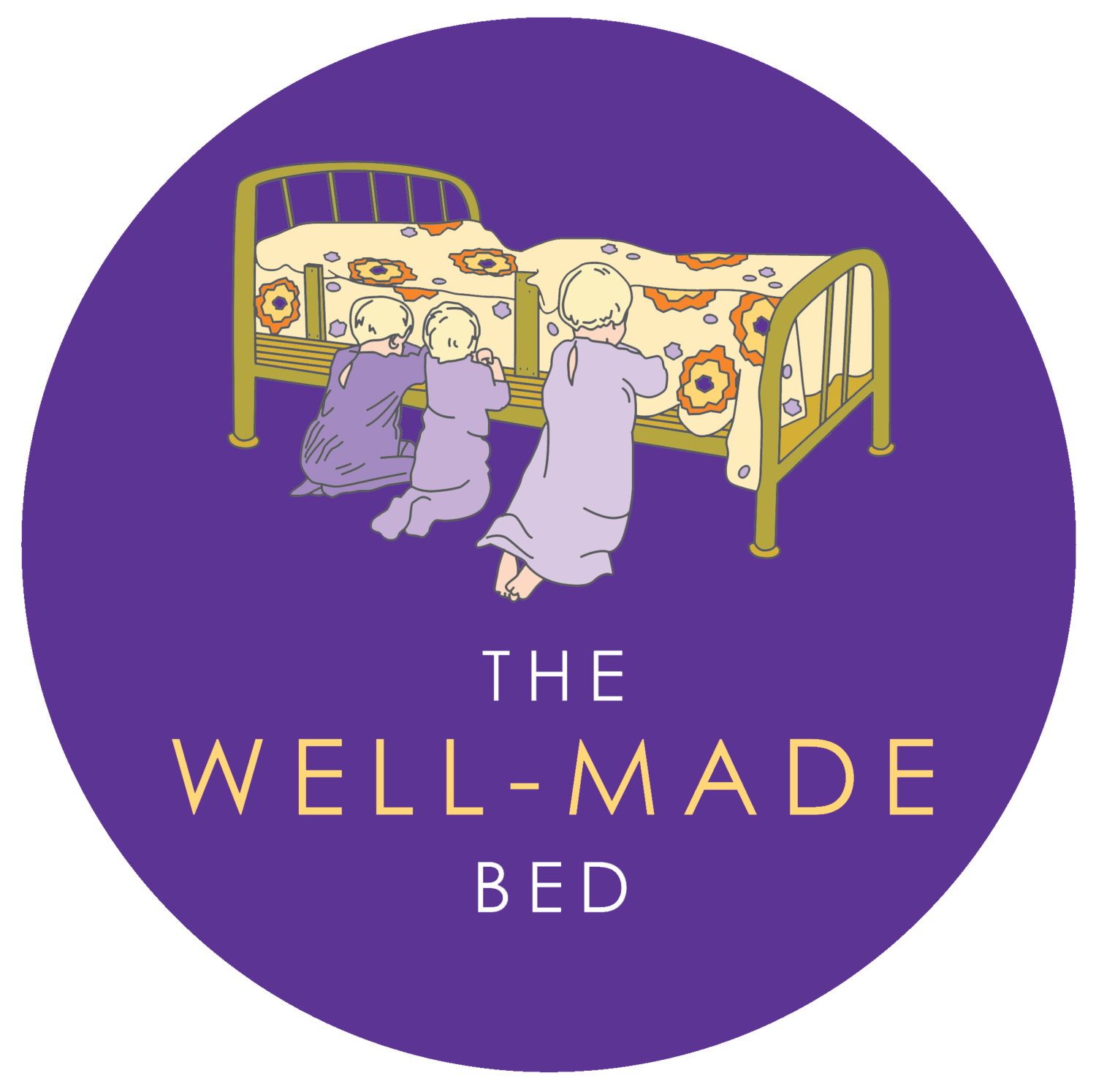We Are All Storytellers
Our lives are filled with stories. Stories of our birth. Stories of discovery. Stories of sorrow. Stories of hope. The stories we tell ourselves about our life’s journey help us make sense of the journey and build our resilience. The stories we tell to our children about ourselves, our own childhood, our struggles, help build resilience in them as well.
Through family storytelling, children connect to something bigger than themselves. They connect to their history. They see how their families overcame obstacles. They see from where the funny, crazy, sometime annoying family traditions sprang. They see themselves as a part of something, rather than apart from something.
Researchers from the Family Narratives Project at Emory University conducted a study of family dinnertime conversations over the course of three years. For the study, Dr. Marshall Duke and Dr. Robyn Fivush developed a “Do You Know” scale to measure what the children knew about their families. The results of the study confirm this link between the family stories we share and resilience. In an article published in the Huffington Post, Dr. Duke, specifies that simply knowing these stories is not the determining factor in building resilience. It is in the process that these stories are shared; most frequently by mothers and grandmothers at family dinners and gatherings, vacations and holidays. It is in the sitting together, sharing space and time, that the power of the stories is felt. It is important to note that the length of time is not as important as the sharing of the stories, including the negative ones. As parents we often want to protect our children from the “bad stuff” but in the sharing of our struggles and failures we show them hope, healing and possibility.
We are approaching the busy, often chaotic, Holiday Season. In the midst of the hustle and bustle, make the time to share your stories of triumphs and tribulations with your children, grandchildren, nieces and nephews. They will be stronger and wiser for it.
note: The article linked above also provides the list of questions on the Did You Know questionnaire from the research of Drs. Duke and Fivush.
If you have found this helpful and would like to see more, kindly consider subscribing to The Well-Made Bed Blog by scrolling down to the Subscription Form below. THANKS for reading!

